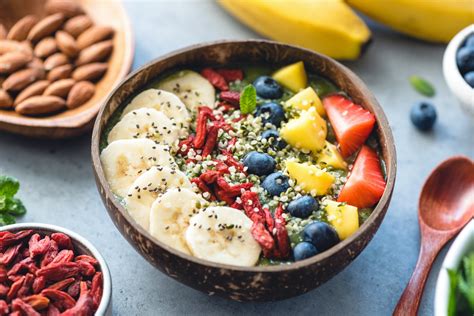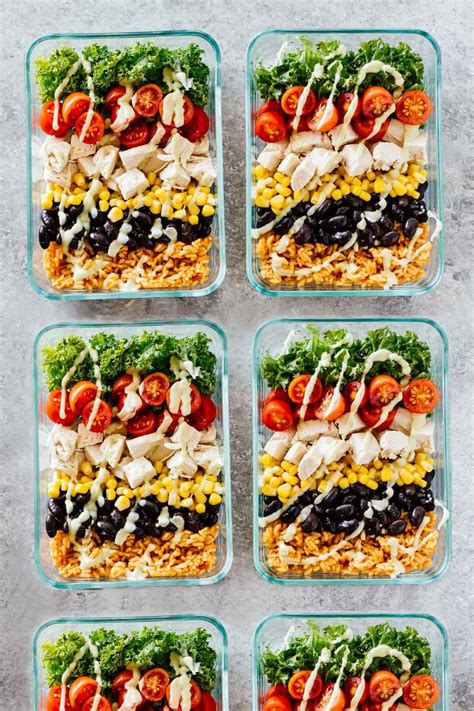How can I optimize nutrient timing for sustained energy & peak cognitive function?

Unlock Your Potential: The Power of Nutrient Timing
In our demanding modern world, maintaining consistent energy and razor-sharp focus is crucial. While the ‘what’ of our diet often gets the spotlight, the ‘when’ – nutrient timing – plays an equally vital role in optimizing our physical and mental performance. By strategically scheduling your meals and snacks, you can stabilize blood sugar, support neurotransmitter production, and ensure your brain and body have the fuel they need precisely when they need it most.
The Foundation: Balanced Macronutrients & Micronutrients
Before diving into timing, remember that a foundation of whole, unprocessed foods rich in macronutrients (carbohydrates, proteins, fats) and a spectrum of micronutrients (vitamins, minerals) is non-negotiable. Complex carbohydrates provide sustained energy, lean proteins support neurotransmitter synthesis and satiety, and healthy fats are essential for brain structure and function. Ensure your overall diet is nutrient-dense to give nutrient timing the best chance to succeed.
Morning Mastery: Fueling Your Brain for the Day Ahead
Your first meal sets the tone for your energy and cognitive function. Opt for a balanced breakfast that combines complex carbohydrates for slow-release glucose, a good source of protein for satiety and amino acids, and healthy fats. Avoid sugary cereals or pastries that lead to a rapid spike and subsequent crash. Think oatmeal with berries and nuts, scrambled eggs with whole-grain toast and avocado, or a Greek yogurt parfait.

Starting your day with a mix of macronutrients helps stabilize blood sugar, providing a steady supply of glucose to your brain. This can significantly improve focus, memory, and problem-solving abilities throughout your morning.
Midday Recharge: Sustaining Focus Through Lunch
To avoid the dreaded post-lunch slump, your midday meal should be carefully planned. Again, prioritize balance: a lean protein source (chicken, fish, legumes), plenty of non-starchy vegetables for fiber and micronutrients, and a serving of complex carbohydrates (quinoa, brown rice, sweet potato). Fiber is key here, as it slows digestion and absorption, preventing sudden blood sugar fluctuations that can lead to fatigue and reduced concentration.
Afternoon Alertness: Beating the Slump
The afternoon often brings a natural dip in energy and focus. Strategic snacking can be your secret weapon. Instead of reaching for sugary treats or excessive caffeine, choose snacks that offer a blend of protein and healthy fats, or complex carbs with fiber. Examples include a handful of almonds with an apple, Greek yogurt, or vegetable sticks with hummus. These options provide a sustained energy boost without the crash, keeping your cognitive engines running smoothly until dinner.

Evening Nourishment: Recovery and Cognitive Support
Your evening meal should support recovery and prepare your body for restful sleep, which is paramount for cognitive function. Focus on nutrient-dense, easily digestible foods. A lighter protein, plenty of vegetables, and a modest portion of complex carbohydrates can promote relaxation without burdening your digestive system. Avoid heavy, fatty, or overly spicy meals close to bedtime. If you need a pre-bed snack, a small amount of casein protein (from dairy) or a handful of tart cherries can aid sleep.

Hydration: The Unsung Hero of Cognition and Energy
It’s easy to overlook, but adequate hydration is fundamental for both energy levels and cognitive function. Even mild dehydration can impair concentration, memory, and mood. Make it a habit to sip water consistently throughout the day, not just when you feel thirsty. Keep a water bottle handy and aim for plain water as your primary beverage. Electrolyte-rich drinks can be beneficial after intense exercise or in very hot conditions.

Practical Tips for Implementation
- Plan Ahead: Meal prepping or having healthy snack options readily available prevents impulsive, poor food choices.
- Listen to Your Body: Pay attention to your hunger and fullness cues. Adjust portion sizes and timing based on your activity levels and individual needs.
- Consistency is Key: Regular eating patterns help regulate blood sugar and energy levels more effectively than sporadic meals.
- Experiment: What works for one person might not work for another. Try different food combinations and timings to discover what optimizes your energy and focus.

Conclusion
Optimizing nutrient timing is a powerful strategy to elevate your sustained energy and cognitive function. By moving beyond just what you eat and giving thought to when you eat it, you provide your body and brain with the consistent, high-quality fuel they need to perform at their best. Embrace these principles, and you’ll likely notice a significant improvement in your daily vitality and mental clarity.








